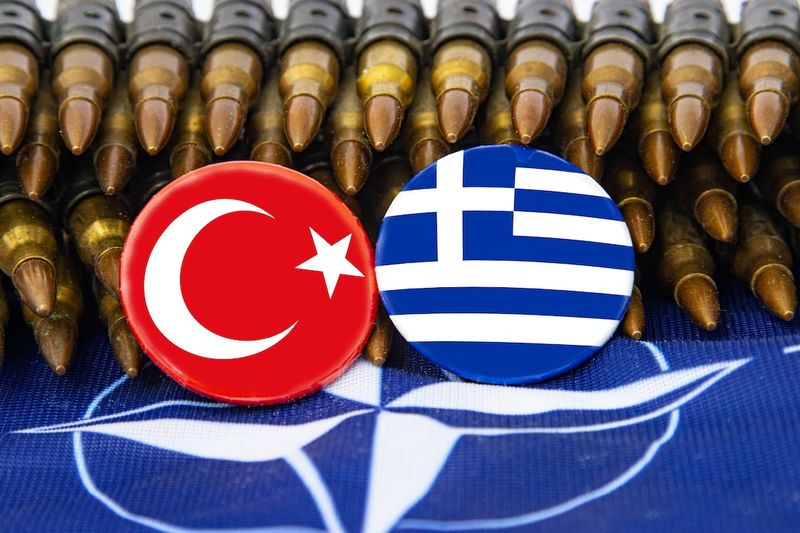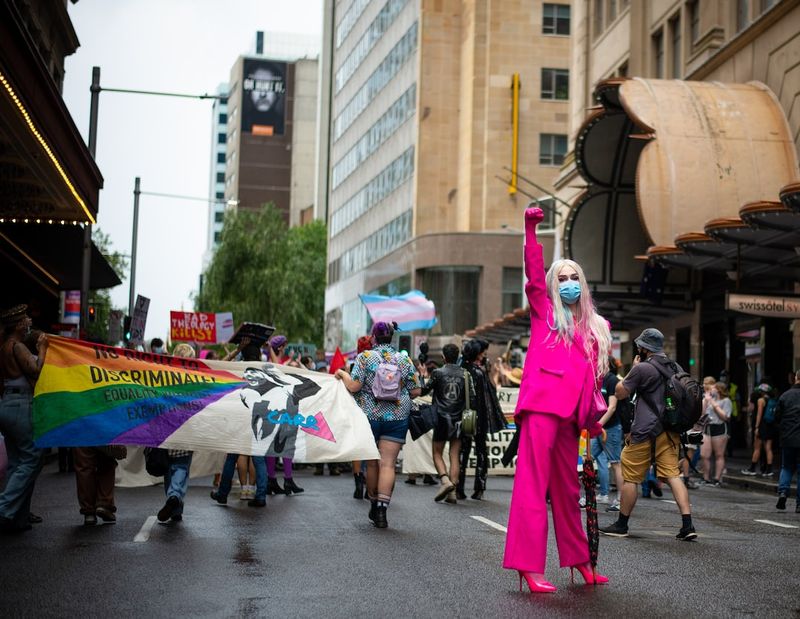The Controversy Surrounding the 9/11 Commission Report: A Critical Analysis
Introduction
The 9/11 attacks, which occurred on September 11, 2001, were undoubtedly one of the most horrific and devastating events in modern history. In the aftermath of these attacks, the U.S. government established the 9/11 Commission to investigate the events leading up to that fateful day and provide recommendations for preventing similar tragedies in the future. However, in recent years, there has been a growing controversy surrounding the findings of the 9/11 Commission Report. Entrepreneurs and political commentators, such as Vivek Ramaswamy, have criticized the report, raising questions about its accuracy and potential political biases.
The Criticisms: Examining the Alleged Flaws
One of the main criticisms leveled against the 9/11 Commission Report is its failure to fully address the potential involvement of elements within the U.S. government or intelligence agencies. Some skeptics argue that certain key facts were conveniently omitted or downplayed in an effort to protect high-level officials or maintain a specific narrative. While these allegations are serious and should be taken seriously, it is essential to approach them with cautious skepticism.
Another point of contention revolves around the commission’s treatment of Saudi Arabia’s potential role in the attacks. Critics argue that the report downplayed Saudi involvement, despite evidence suggesting possible financial and logistical support from individuals connected to the Saudi government. They claim that this omission is a result of political pressure or a desire to preserve diplomatic relations with Saudi Arabia. These allegations, if proven true, raise significant concerns about the impartiality of the report and the potential influence of external actors.
It is important to note that the 9/11 Commission Report has not been without objective criticism from experts and scholars. They have pointed out factual errors, inconsistencies, and gaps in the report’s analysis. While these flaws do not necessarily undermine the report’s overall conclusions, they do highlight the need for continued scrutiny and robust debate.
Political Motivations: Parsing the Allegations
Entrepreneurs and political commentators like Vivek Ramaswamy have seized upon the controversy surrounding the 9/11 Commission Report. Ramaswamy has been vocal in his criticisms, accusing the report of being politically motivated and shaped to fit a specific agenda. It is crucial to approach such claims with a critical eye, recognizing that political motivations can cloud objectivity on both sides of the debate.
Ramaswamy‘s objections primarily stem from his broader skepticism of government institutions and their ability to provide objective and comprehensive investigations. While healthy skepticism is an essential part of any functioning democracy, it is equally important to ensure that criticism is grounded in evidence and a commitment to truth.
Editorial: The Importance of Transparency and Accountability
The controversy surrounding the 9/11 Commission Report illustrates the need for transparency and accountability when investigating significant events that shape our collective memory and national security. It is imperative that the commission’s processes, findings, and conclusions are open to scrutiny, allowing for robust debate, and ensuring public confidence in the report’s credibility.
When examining a report as significant as the 9/11 Commission Report, it is essential to separate fact from speculation and engage in thoughtful analysis. Dismissing the report entirely without a thorough examination is not a responsible approach. Instead, critical evaluation, coupled with a respect for the complexities of the subject matter, is required to maintain scholarly integrity and public trust.
Conclusion: A Call for Continued Investigation
The controversy surrounding the 9/11 Commission Report should serve as a reminder that no investigation is infallible, and even the most comprehensive reports can have flaws and biases. However, instead of allowing this controversy to undermine trust in institutions, it should spur us to demand greater transparency, accountability, and ongoing investigation when required. We owe it to the victims, their families, and our collective understanding of history to remain committed to seeking the truth, even when it challenges our preconceived notions or involves uncomfortable revelations.

<< photo by Marek Studzinski >>
The image is for illustrative purposes only and does not depict the actual situation.
You might want to read !
- Former Bachelorette Gabby Windey Opens Up About Her Same-Sex Relationship
- Stalemate in Jamaica vs Brazil clash keeps hopes alive in Women’s World Cup 2023
- Liverpool vs Bayern Munich: Live Updates and Score Updates
- Former ‘Bachelorette’ Gabby Windey opens up about her sexuality on ABC’s ‘The View’: A step forward for LGBTQ+ representation in reality TV
- Wyoming’s Ambitious Plan to Protect Sage Grouse: Will it Succeed?
- Serena Williams and Alexis Ohanian Announce the Gender of Their Second Child
- Don Lemon Opens Up in First Interview Since CNN Departure: “I’m Not Going to Hold Back”




